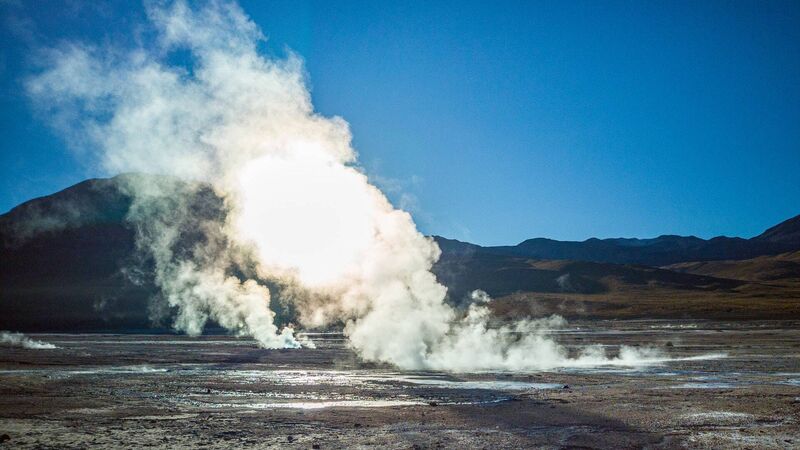‘Energy from the ground has always been around’

There are a number of advantages to using geothermal energy in its primary form — heat — in the agri-food sector.
Try from €1.50 / week
SUBSCRIBEIn Ireland, the use of geothermal energy resources is limited, mainly confined to small-scale individual heating projects, such as in individual dwellings or industrial heating applications.
However, according to experts, there are a number of advantages to using geothermal energy in its primary form — heat — in the agri-food sector.
Already a subscriber? Sign in
You have reached your article limit.
Annual €130 €80
Best value
Monthly €12€6 / month
Introductory offers for new customers. Annual billed once for first year. Renews at €130. Monthly initial discount (first 3 months) billed monthly, then €12 a month. Ts&Cs apply.
Newsletter
Keep up-to-date with all the latest developments in Farming with our weekly newsletter.
Newsletter
Keep up-to-date with all the latest developments in Farming with our weekly newsletter.
Newsletter
Sign up to the best reads of the week from irishexaminer.com selected just for you.
Newsletter
Keep up with stories of the day with our lunchtime news wrap and important breaking news alerts.
Saturday, February 7, 2026 - 7:00 PM
Saturday, February 7, 2026 - 5:00 PM
Saturday, February 7, 2026 - 5:00 PM
© Examiner Echo Group Limited